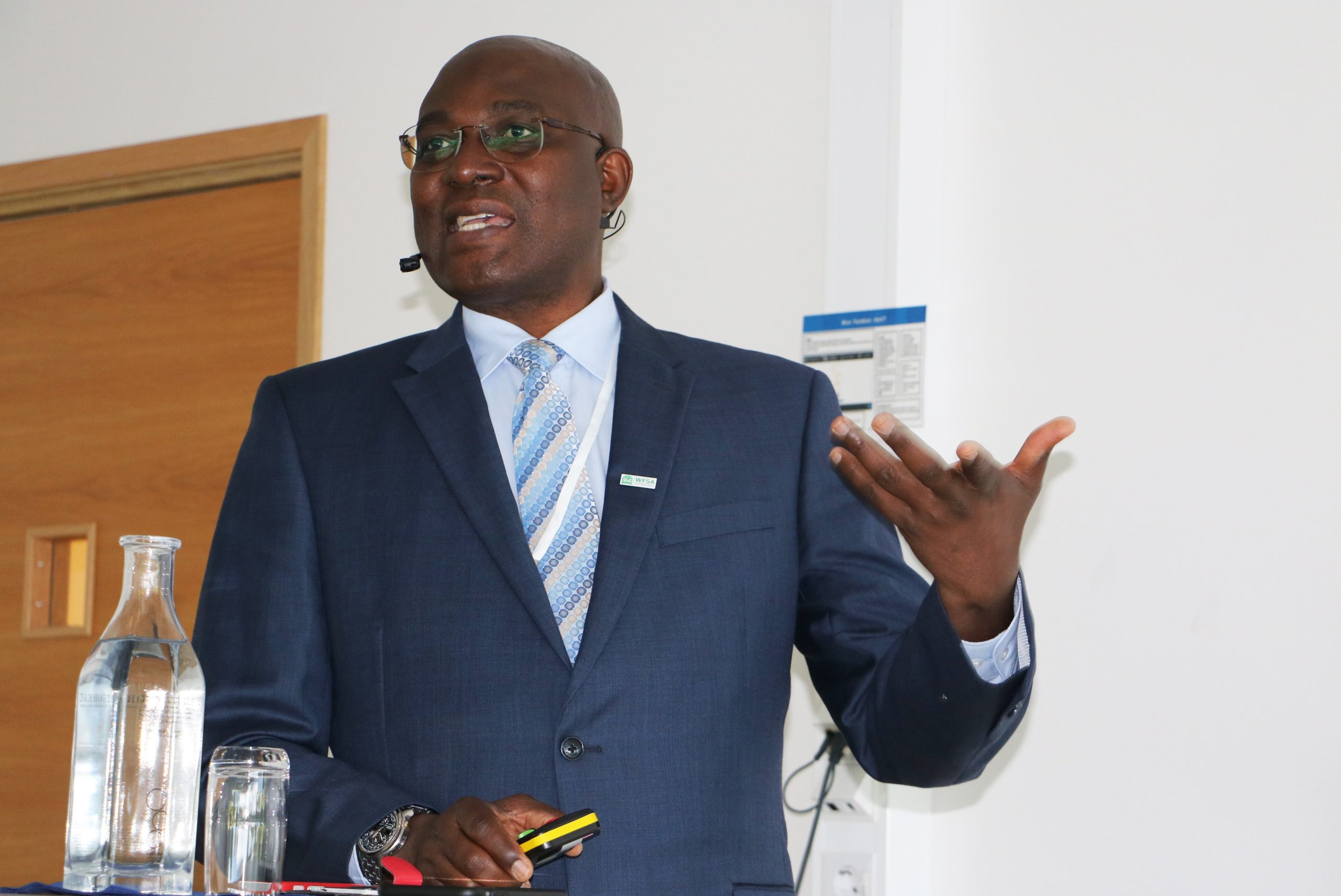Dr Mpoki Ulisubisya’s visit to Sweden last week received a lot of political attention and resulted in interviews by the national press. During an intensive week together with Life Support Foundation, the Permanent Secretary of the Health Department in Tanzania reminded us of our common responsibility for promoting Anaesthesia and Intensive Care globally and thereby saving millions of lives.

– It is about more than just words. It is about your personal commitment. These challenges are real. There are people out there that are dead, but would still be alive if there had been enough anaesthetists.
This message was delivered by Dr Mpoki Ulisubisya during his visit to Sweden last week. His mission was to raise attention among medical professionals, the Swedish politicians and the general public about the great need for investments in anaesthesia and intensive care globally.
During a few intense days in Stockholm Dr Ulisubisya was invited to the State Secretary at the Ministry of Social Affairs, Agneta Karlsson, and the Swedish Ambassador for Global Health, Lennart Hjelmåker, at the Foreign Ministry. He also met Melvin Samsom, Hospital Director, and Anders Ekblom, Chairman of the Board, at Karolinska University Hospital in Solna, and lectured at the hospital.
Dr Ulisubisya was interviewed by the national news agency TT and by Läkartidningen. Several major newspapers, including Svenska Dagbladet, Sydsvenskan and Aftonbladet published the article by TT which stated that more anaesthesiologists can save millions of lives. The work done by Life Support Foundation and the collaboration between Karolinska University Hospital in Solna and Muhimbili National Hospital in Dar es Salaam were also mentioned.
 Life Support Foundation was present throughout last week’s SFAI conference (Swedish Society for Anaesthesia and Intensive Care). Dr Ulisubisya lectured on the Friday’s symposium on global anaesthesia. Other speakers were Dr Berith Tingåker, BB Stockholm, Danderyd Hospital, Dr Lars Irestedt, Dr Henrik Jörnvall, Karolinska in Solna and Dr Carl Otto Schell, Nyköping.
Life Support Foundation was present throughout last week’s SFAI conference (Swedish Society for Anaesthesia and Intensive Care). Dr Ulisubisya lectured on the Friday’s symposium on global anaesthesia. Other speakers were Dr Berith Tingåker, BB Stockholm, Danderyd Hospital, Dr Lars Irestedt, Dr Henrik Jörnvall, Karolinska in Solna and Dr Carl Otto Schell, Nyköping.
Dr Ulisubisya described his country’s difficulties, but also expressed a hope that the need for anaesthesiologists will be met in the near future in Tanzania, through joint efforts.
– It’s a commitment about life. It is real. We walk together. If we take this seriously, because of the synergy between Sweden and Tanzania, we will see more mothers and newborn babies return home together alive. It is possible within our time, he said.
Dr Berith Tingåker talked about the dos and don’ts in promoting anaesthesia and intensive care in low-resource settings. She particularly noted the importance of reciprocity in efforts to strengthen domestic capacity and ensure sustainable development.
 – When we sit down together and listen to each other, we can also learn from each other. Through working in this way, Life Support Foundation is now cooperating with more hospitals in Dar es Salaam, and the knowledge is spread in wider circles.
– When we sit down together and listen to each other, we can also learn from each other. Through working in this way, Life Support Foundation is now cooperating with more hospitals in Dar es Salaam, and the knowledge is spread in wider circles.
One aim of the symposium was to encourage more young doctors and nurses to engage globally. Carl Otto Schell shared his experiences from Muhimbili National Hospital, where he has conducted research in order to develop a protocol whereby the right actions can be done in emergency care.
– I saw great tragedies every day. Sometimes I felt that the challenge was too big and the situation too hopeless. But hope returned when I realized that there is so much we can do – small things that make a big difference in saving patients’ lives, said Carl Otto Schell.


